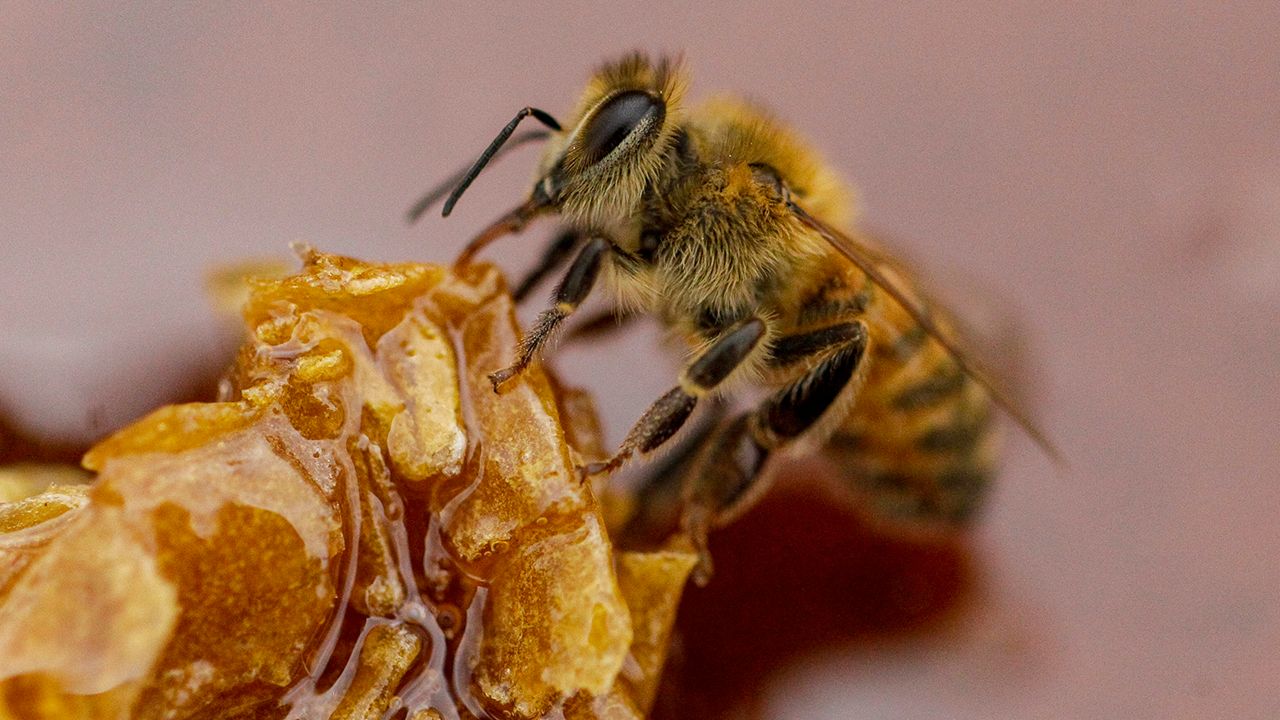Dozens of agricultural organizations and state business leaders are pushing back against a legislative effort to ban the use of neonicotinoid pesticides in New York.
The chemical pest control, more commonly referred to "neonics," is often used to coat treated corn, wheat and soy seeds and is used in insecticides and to maintain decorative vegetation. The measure, dubbed the Birds and Bees Protection Act, would ban the use of seeds treated with the pesticide starting Jan. 1, 2026.
Farmers and pollinators from across the state, including the New York Farm Bureau, sent a letter to Gov. Kathy Hochul, legislative leaders and bill sponsors this week to discourage lawmakers from passing the bill after it advanced through the Senate Environmental Conservation Committee.
"New York's dairy farmers, corn and soybean growers, vegetable producers, golf course superintendents, professional landscapers and certified crop advisors would be put at a severe disadvantage if this legislation were to pass," according to the letter.
A version of the measure passed in the Assembly in late April. An amended version in the Senate could make its way through the Senate in the last two weeks of session.
Lawmakers in support of the bill argue neonics must be made illegal because they have contributed to a decline in the state's bee colonies and have ties to neurological issues and dangers for children and pregnant women.
If the bill becomes law, the state Department of Environmental Conservation would have the authority to regulate seeds treated with neonicotinoids. They're among some of the most popular pesticides in the world.
But agricultural leaders say seeds treated with neonics allow farmers to plant more crops, which helps to reduce its carbon footprint.
Likewise, the Business Council of New York State came out in opposition to the measure this week, arguing prohibiting the use of seeds treated with neonics would lead to higher costs for farmers already feeling financial stress and an increased use in pesticides.
"Seed treatments were created to reduce pesticide use and the application to seeds results in the reduction in pesticides that are readily accessible to wildlife, including birds and bees," according to the council's memo.
A 2020 Cornell University report shows neonic pesticides pose one of the greatest threats to bees. Bill sponsor Sen. Brad Hoylman-Sigal says beekeepers across the state have lost more than 40% of their bee colonies each year over the last decade because of neonics.
"Pollinators are vital members of healthy ecosystems and our food supply chain," sponsor Assemblywoman Deborah Glick said in a statement earlier this month. "Protecting them by limiting toxins that pose adverse effects and health risks is an important step forward in our work to stop poisoning the environment and create a healthier New York. I look forward to this legislation being signed into law to ensure the health of our birds and bees."
It's estimated bees boost the state economy with natural pollination services that would cost up to $439 million, lawmakers say.
But the Cornell report notes concerns that echo those of state agricultural leaders.
"A shift away from neonicotinoids will likely place a greater burden on farmers and pesticide applicators," according to the report. "...There are few or no effective chemical alternatives to neonicotinoids for several important agricultural pests (e.g., root-form phylloxera, root weevils, boxwood leafminer, Swede midge). Even when effective substitutes are available, the loss of neonicotinoids from insecticide rotations would be problematic for some New York crops."
The bill has passed both the Senate and Assembly in previous legislative sessions, but never both houses.
The last scheduled day of session is June 8.



